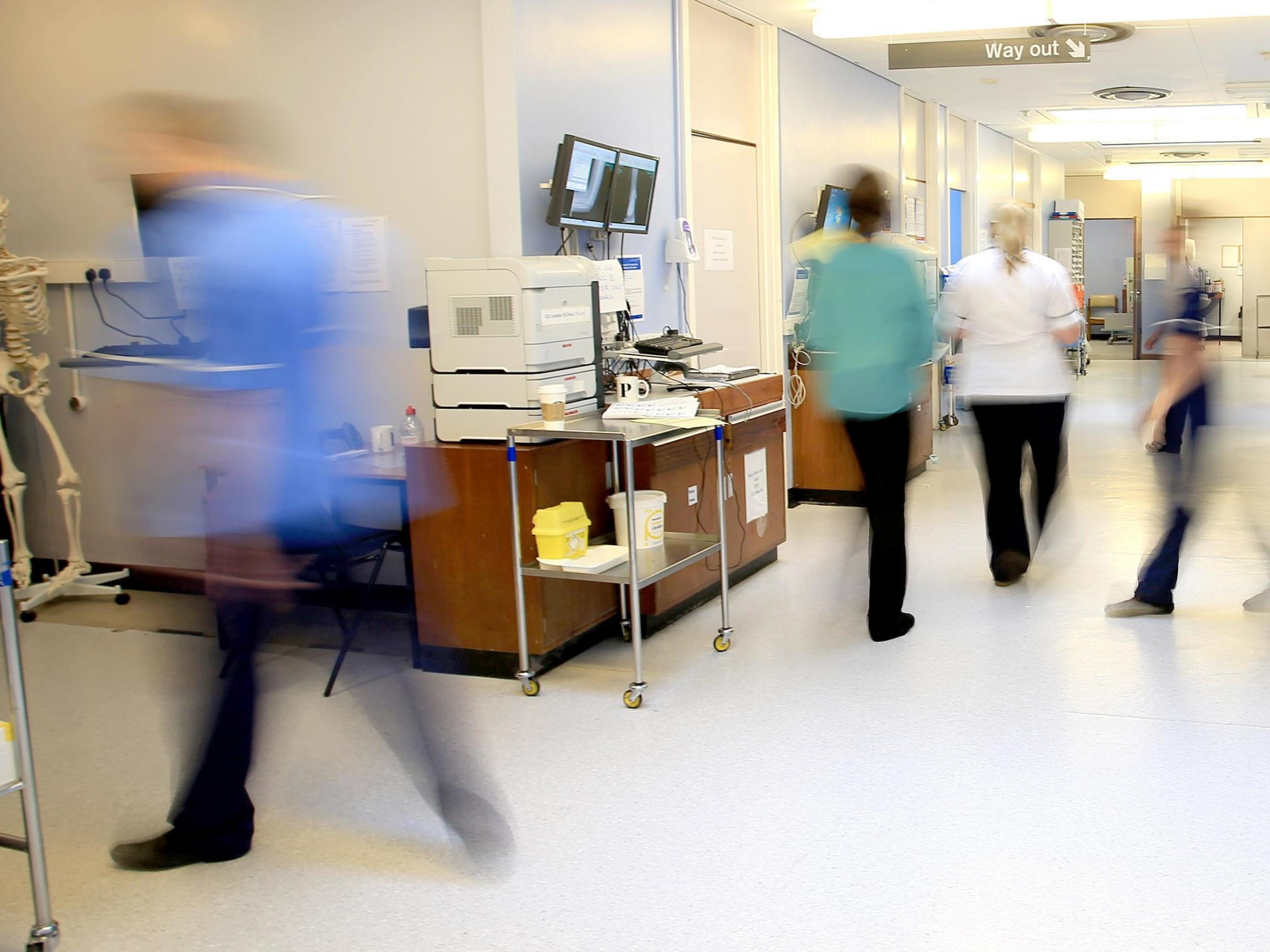More than 90% of senior anaesthetists and child intensive care doctors suffer work fatigue, survey suggests
Nearly 45 per cent admitted to having had a car accident or near-miss while commuting in a tired state

More than 90 per cent of consultants in anaesthesia and child intensive care medicine in the UK and Ireland experience work-related fatigue, a survey of specialists has suggested.
The poll, published in the medical journal Anaesthesia, found that 50 per cent of the more than 3,800 consultants surveyed from across the UK and Ireland had suffered a moderate or severe impact to their health, wellbeing, work and home life from their fatigue.
The survey was put together by the Association of Anaesthetists as part of a campaign to recognise the strain medical professionals are under while patients’ lives hang in the balance.
The Fight Fatigue initiative was inspired by the death of Dr Ronak Patel, a trainee anaesthetist who died in 2016 after reportedly falling asleep at the wheel as he travelled home from work.
Of those surveyed, nearly 45 per cent admitted to having a car accident or a near-miss incident while commuting in a fatigued state. One in 10 said this had taken place during their time working as a consultant.
The results of the survey of staff from from 94 per cent of hospitals in the UK and Ireland also casts concern over care for staff in the NHS, with 62 per cent saying they did not feel supported by their organisation to maintain their own health and wellbeing.
Only 15 per cent said they always get a recommended 11 hours of rest between shifts.
Dr Emma Plunkett, fatigue project group lead and consultant anaesthetist at Queen Elizabeth Hospital, Birmingham, said: "The impact of fatigue on our NHS workforce continues to be a major area of concern.
"Research tells us that sleep is crucial to our health and wellbeing and a lack of sleep in healthcare staff not only affects the professional, but will also have an impact on their patients.
"This new survey clearly demonstrates that our senior doctors are simply not getting the rest and sleep they need and much of this is caused by their working pattern and lack of rest facilities at work.
"Our ongoing Fight Fatigue Campaign seeks to change attitudes across the NHS to ensure everyone understands the risks of fatigue and how to mitigate them.
"We hope that by collectively taking responsibility for making changes to working practice, we can improve working conditions for staff which will in turn benefit patient care."
Additional reporting by PA
Join our commenting forum
Join thought-provoking conversations, follow other Independent readers and see their replies
Comments
Bookmark popover
Removed from bookmarks